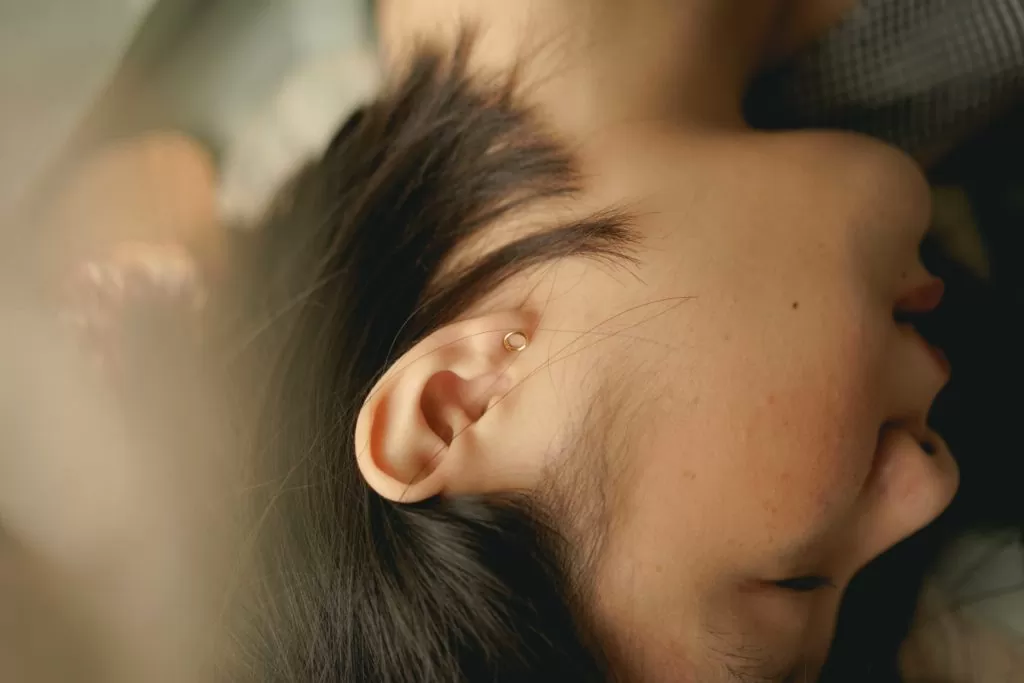Rarely do we associate a virus with balance problems. We think of the flu, sinus infections, or a computer virus. But viruses CAN affect our balance. A virus that travels through our sinuses and into our inner ear may infect our vestibular system. And the result is a condition called Labyrinthitis.
What is Labyrinthitis?
In short, Labyrinthitis is a vestibular disorder resulting from an infection that inflames the inner ear and/or the nerves connecting the inner ear to the brain. What in the world does that mean?
In order to understand Labyrinthitis, it helps to understand the anatomy of the ear.
The three basic functions of the ear:
- Outer Ear – collects sound waves.
- Middle Ear – conducts, amplifies, and relays sound to the inner ear.
- Inner Ear – converts these sound signals and sends them to the auditory parts of the brain, as well as collects information about our head’s position in space and sends these signals to the brain to piece together our balance.
Clearly, the Inner Ear is a crucial relay center for sending information about our balance and hearing.
Commonly, we experience Middle Ear Infections. It is the type of ear infection children get. However, it’s completely different from Labyrinthitis.
Rather, let’s focus our attention on the Inner Ear.
The Inner Ear houses the semicircular canals and cochlea, both of which connect to the brain by the Vestibulo-Cochlear Nerve (not pictured in the diagram). The semicircular canals deal with our balance. On the other hand, the cochlea deals with our hearing.
When an infection makes its way into the Inner Ear, it can cause inflammation of the semicircular canals and/or the cochlea.
- If only the semicircular canals become inflamed, then it’s considered Vestibular Neuritis.
- If the semicircular canals and the cochlea become inflamed, then it’s considered Labyrinthitis.
(More on Vestibular Neuritis vs. Labyrinthitis here)
Because Labyrinthitis affects the totality of the Inner ear, the symptoms of Labyrinthitis include balance and hearing problems. (Whereas Vestibular Neuritis encompasses only balance problems.)
Labyrinthitis Symptoms:
- Sudden vertigo attacks
- Nausea
- Dizziness
- Loss of hearing
- Tinnitus – ringing in the ears
Treating Labyrinthitis
First and foremost, many people’s immune systems are strong enough to fight the virus causing Labyrinthitis. And they return to a presymptomatic life within a week or two.
Unfortunately, that’s not the case for everyone. For some patients, Labyrinthitis symptoms linger on and on, dragging the recovery process out to weeks or even months.
This is why we highly recommend working with an Otolaryngologist and then a Vestibular Audiologist (such as ourselves).
First, Otolaryngologists will get you the medical management you might need to battle this virus initially; this could include medications or steroids. Then, Vestibular Audiologists specialize in diagnosing and treating inner ear disorders. They’ll help you identify the vestibular weakness and then work with your rehabilitation team to eliminate the lingering dizziness.
Labyrinthitis Treatment is a multi-faceted process that includes high-tech diagnostics, medication, and Vestibular Rehabilitation Therapy. (More on Labyrinthitis Treatment here.)
The bottom line is that a virus has run its course on your body. And even after you’ve beaten the virus, your vestibular system is weakened from the fight… Just as your body feels weakened after the flu.
If nothing is done to rehabilitate your vestibular system, then you may continue having minor (or major) issues with vertigo, imbalance, or other dizzy symptoms.
If you or someone you know struggles with dizziness or vertigo, then please schedule a consultation with us here or call us at (310) 954-2207.
Our passion is helping dizzy patients eliminate their dizziness. And we’re eager to help you!
